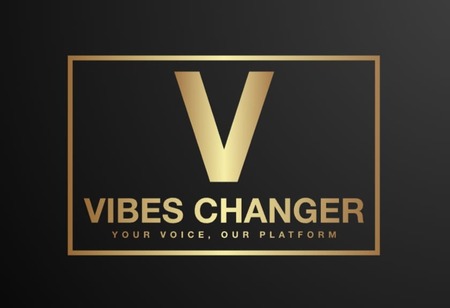Beauty is often described as something we see, but in reality, it is something we feel, express, and embody. It lives in the glow…
In a world that constantly demands our attention, energy, and time, exercise is often the first thing we sacrifice. Yet, it is one of…
Food is more than fuel. It is memory, culture, emotion, and connection—all beautifully arranged on a single plate. From the comforting aroma of freshly…
ArtificialIntelligence (AI) is no longer a futuristic concept—it is a powerful force reshaping the digital marketing landscape today. From personalized recommendations to predictive analytics,…
Fashion is not just about what’s hanging in your wardrobe—it’s about how you choose to show up every day. The clothes we wear often…
Beauty is often described as something we see—clear skin, a bright smile, or flawless features. But true beauty goes far beyond appearances. It lives…
In a world where screens dominate our time and busy schedules keep us seated for hours, exercise is no longer a luxury — it’s…
Food has a special way of bringing people closer. No matter where we come from or what language we speak, sharing a meal creates…

